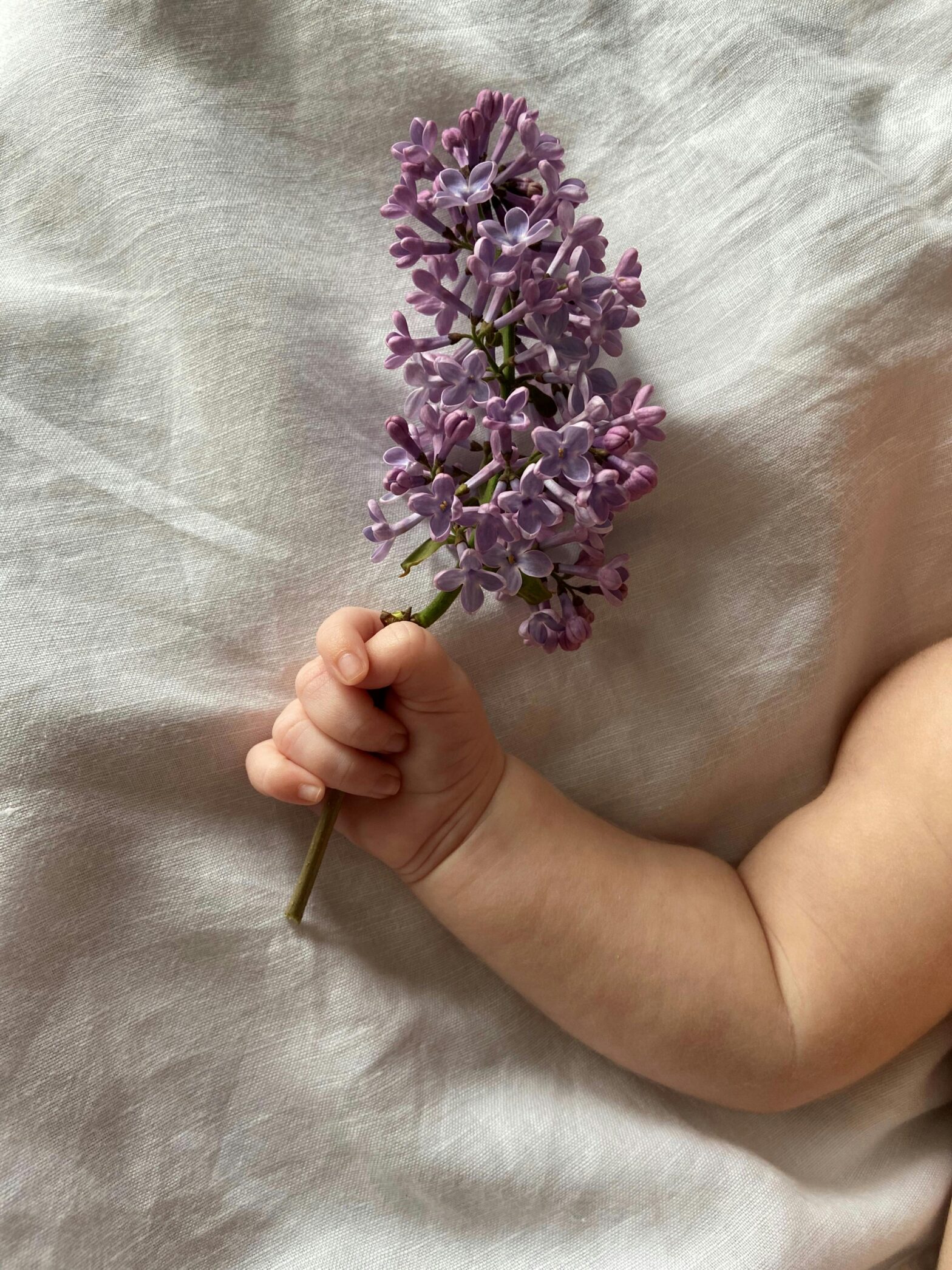The Journey of Muslin Fabric: From Ancient Times to Today’s Fashion Trends!
Muslin fabric has been around for centuries, known for its softness, breathability, and versatility. From the royal courts of ancient India to today’s sustainable fashion movement, muslin has remained a timeless favorite. Whether in clothing, home décor, or even medical uses, muslin continues to prove why it’s one of the most loved fabrics in the world. Let’s take a closer look at muslin’s incredible journey through history and how it’s making a big comeback today.
The Origins of Muslin: Woven with Tradition.
Muslin has its roots in ancient India, where skilled artisans hand-wove it using fine cotton threads. Bengal, especially Dhaka (now in Bangladesh), became famous for producing the world’s finest muslin, often called Dhakai Muslin. It was so delicate and lightweight that people compared it to “woven air.” Traders from Europe and the Middle East were fascinated by this luxurious fabric, and soon, it became a highly sought-after export.

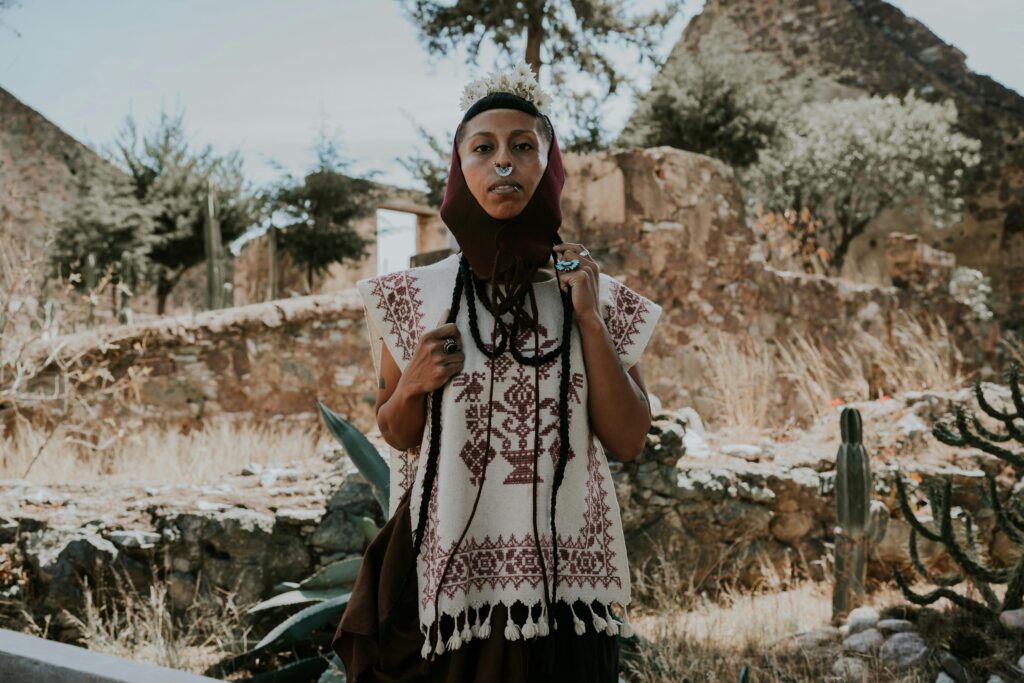
Muslin in the Mughal Era: Fit for Royalty.
During the Mughal rule in India, muslin became a symbol of luxury and elegance. Emperors and queens loved wearing muslin garments, from flowy sarees to elaborate turbans. It was so fine that an entire muslin saree could pass through a small ring! This period saw muslin at its peak, with designs that were intricate and craftsmanship that was unmatched.
Colonial Rule and the Decline of Muslin.
With the arrival of British rule, the muslin industry faced a downfall. Machine-made fabrics took over, and the demand for handwoven muslin declined. The once-thriving trade started to fade as cheaper and mass-produced textiles flooded the market. However, the love for muslin never completely disappeared, and it continued to be cherished in Indian culture.
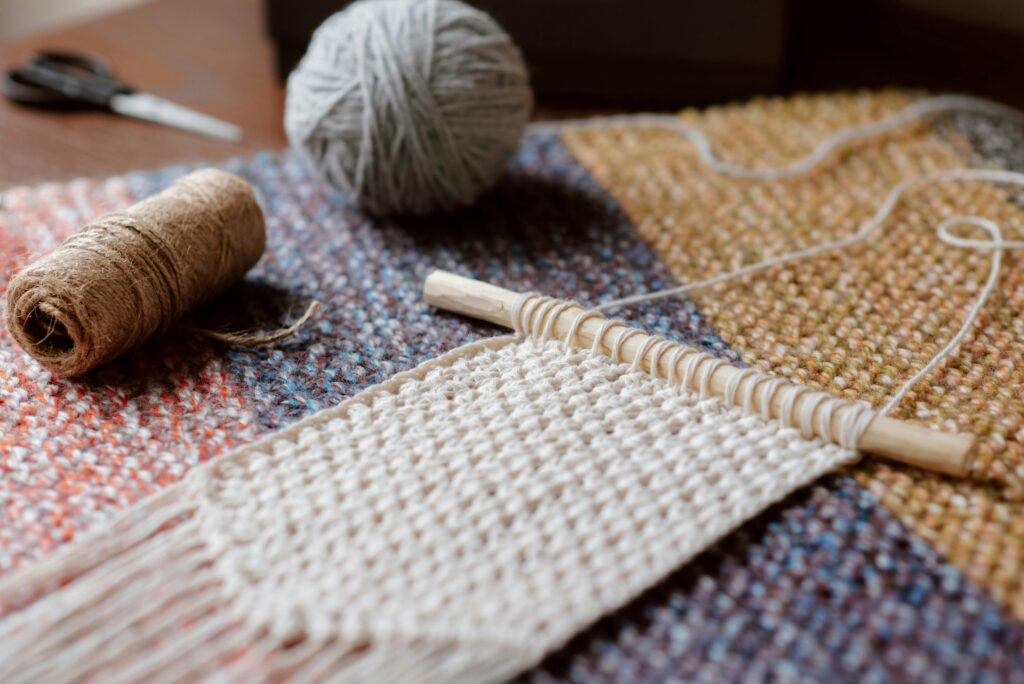
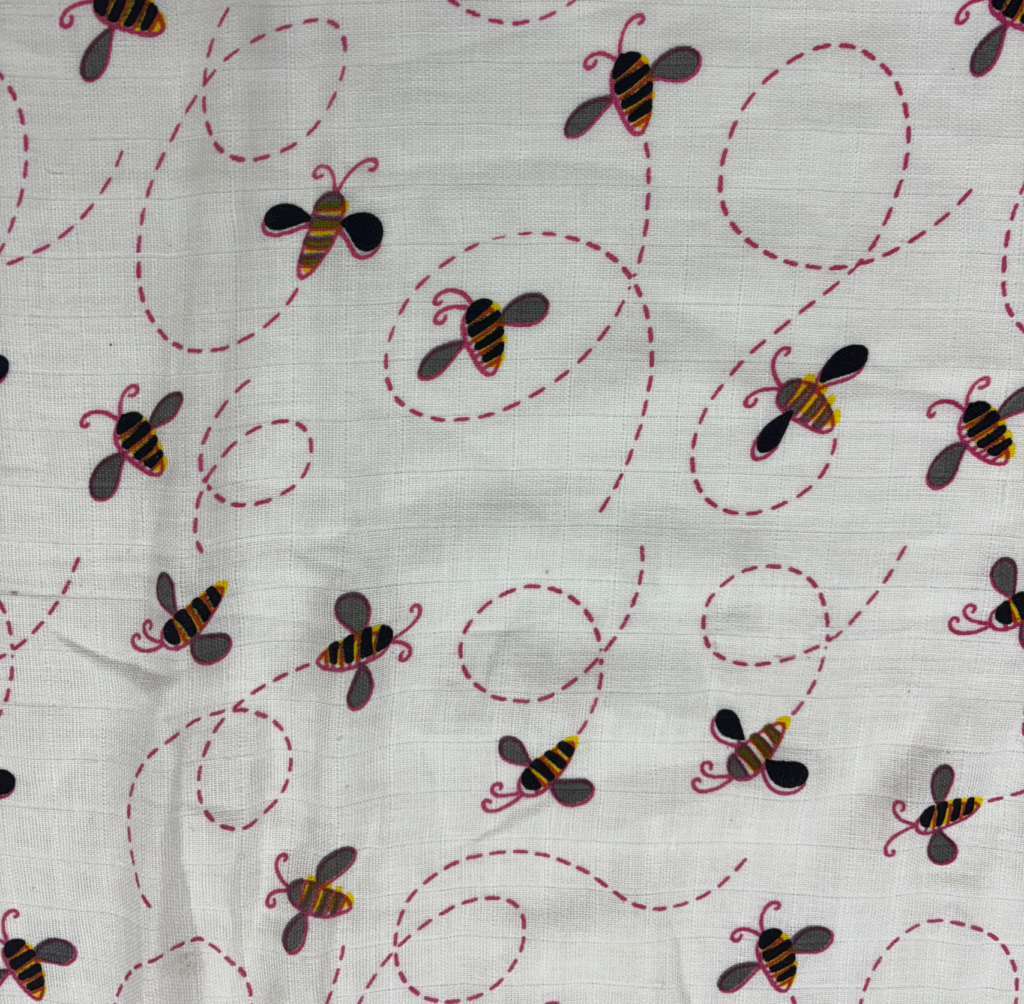
The Revival of Muslin in Today’s Fashion
Fast forward to today, and muslin is making a strong comeback! With people becoming more aware of sustainable and eco-friendly fashion, muslin is once again in the spotlight. Designers are using it to create trendy muslin dresses, comfortable kurtas, and elegant sarees. Muslin’s softness and breathability make it perfect for warm weather, which is why it’s so popular in cities like Chennai.
Muslin Beyond Clothing: Everyday Uses
Muslin isn’t just for fashion—it’s widely used in home décor too! From soft muslin curtains to baby swaddles and bed linens, its gentle touch makes it a favorite for households. It’s also used in kitchens for straining liquids and even in hospitals for making bandages and gauze. This shows how versatile and useful muslin truly is.

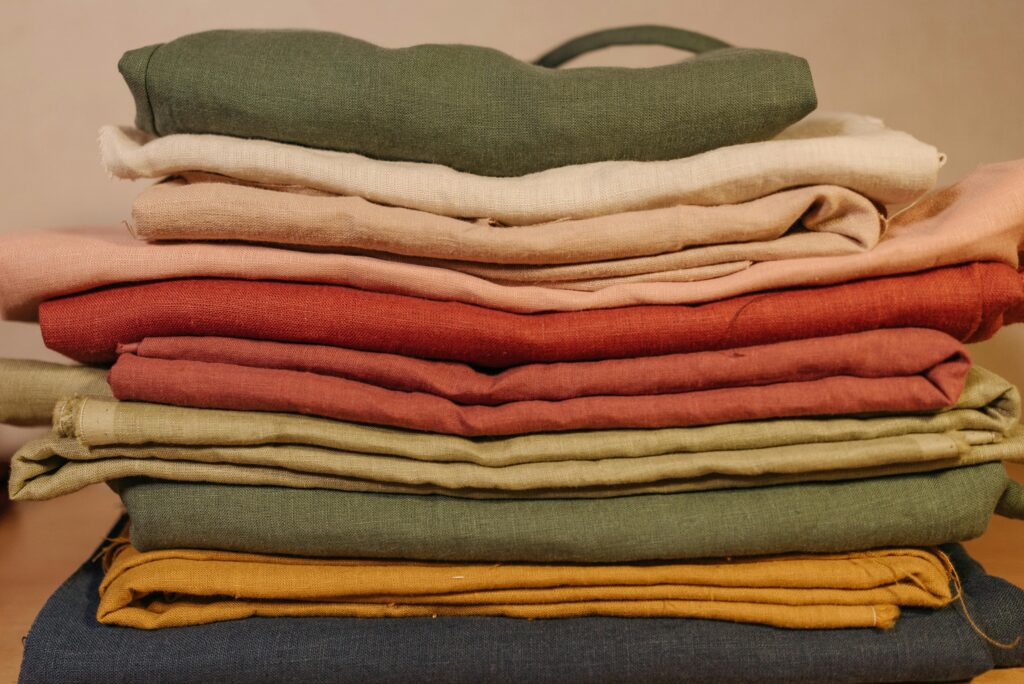
Why Muslin is the Future of Sustainable Fashion
If you’re looking to make eco-friendly choices, muslin is the way to go. It’s made from natural cotton, biodegradable, and free from harmful chemicals. Unlike synthetic fabrics, muslin is gentle on the skin and kind to the environment. With proper care, muslin clothing lasts for years, making it a smart and sustainable investment.
Conclusion: Embrace the Timeless Beauty of Muslin
Muslin has come a long way from ancient times to becoming a staple in modern fashion. Whether you’re wearing a breezy muslin kurta or using it as a cozy bedsheet, muslin offers comfort, style, and sustainability. As people move towards ethical fashion choices, muslin remains a fabric that stands out for all the right reasons.

